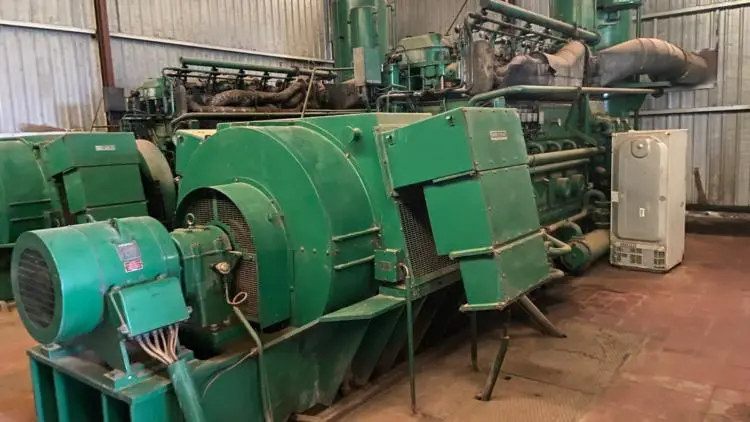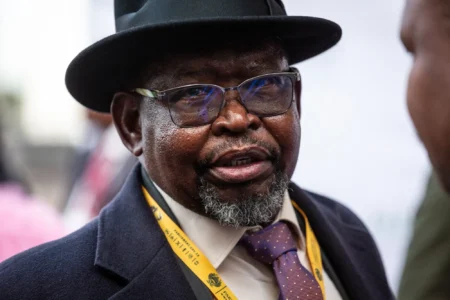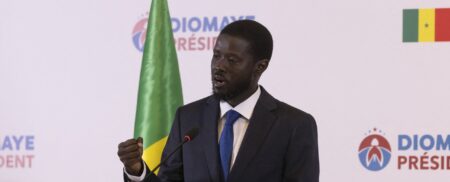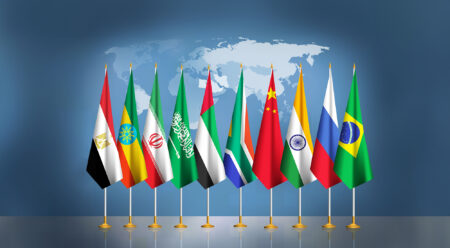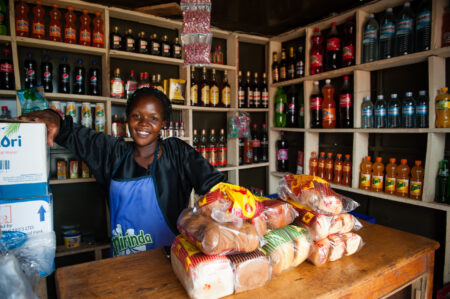South Sudan’s integrated energy solutions company, Trinity Energy Ltd, has announced that it is moving ahead to connect 20,000 households to power located in Wau City, in the northwestern part of the country.
In a statement, Trinity Energy said the connection will be done through the initial refurbishing of two heavy diesel generators with a capacity to produce 1.8 megawatts (MW).
Dr. Phillip Waden, Trinity Energy’s Power Projects Manager said, “Our priority is to ensure that the parts for the generators that we procured arrive on time and mechanical repair works can begin so that power is reinstalled and Wau residents can start enjoying the benefits of affordable electricity.”
The company added that it has ordered the manufacture of two more Heavy Fuel Generators from a manufacturer in Europe with a capacity of around 4 megawatts, which will now put Wau’s total installed capacity at around 6 megawatts by February 2022.
“The future is energy. Power is a key driver of many economies in the world and its benefits go beyond direct employment in the power generation plants to supporting new sectors such as manufacturing, transport, mining, tourism, and services which have a multiplier effect on the economy. (https://tesseraonlaketravis.com/) ”
Trinity Energy honors pledge to fight COVID-19 in South Sudan
He added that “We are also re-establishing the distribution networks to ensure that all commercial entities and residential households have access to a much needed affordable power.”
Data by the South Sudan Electricity Corporation (SSEC) indicates that more than 90 percent of the country has no access to the electricity.
It adds that the installed power capacity for South Sudan is about 30 MW of which about 22 MW is currently operational whilst the current electricity demand is estimated at 300MW.
This is expected to rise to over 1400MW by 2030. Thus, much investment is required for the power sector in South Sudan if it is going to meet its energy requirement over the next decade.
Dr. Waden added that Trinity Energy is committed to ensuring energy security in South Sudan through a mix of various sources. These include a 20MW government backed solar power plant in Nesitu with a 35MW storage facility.
“We plan to continue exploring more opportunities and partnerships with the South Sudan government as well as other global technical partners to ensure our country is well equipped and powered for socio-economic transformation,” Dr. Waden said.
This comes at a time when the country is exploring ways of luring investors within the power and infrastructure sector.
According to the country’s Ministry of Petroleum, the country has a significant financial deficit, and increasing electricity challenges that are hindering economic growth.
Kenya Power pays Sh14.6 billion diesel electricity company
“South Sudan has redirected a focus on power generation, transmission and distribution, in the hopes of accelerating access to electricity and socio-economic growth,” South Sudan’s Minister of Petroleum Puot Kang Chol said last month.
The country’s power sector remains heavily underdeveloped and has, therefore, warranted the prioritization of new power projects, all requiring investment.
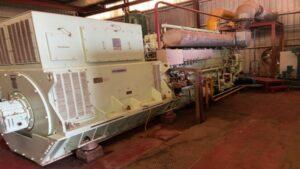
Notably, with a proposed national grid expansion, a newly built 100MW power plant, and a proposed solar power facility, the country is actively pursuing foreign investment to revitalize its power sector.
“With a renewed peace agreement in 2020 and having recently celebrated ten years of independence, South Sudan is positioning itself as the ideal destination for regional and international investment,” NJ Ayuk, Executive Chairman of the African Energy Chamber.
“The country represents significant opportunities within the oil and gas exploration and production market, as well as the power and infrastructure sector. By showcasing these opportunities at AEW 2021 in Cape Town, and incentivizing international participation in its sector, South Sudan is driving progress and reiterating the value of oil and gas in Africa’s energy future,” added Ayuk.
The Ministry added that the country is one of the fastest growing frontier markets in Africa, South Sudan holds significant opportunities for both regional and international investors.
The country has the third-largest oil reserves in sub-Saharan Africa – measured at 3.5 billion barrels produced annually – and yet, 90% of reserves remain untapped.
With a renewed peace agreement opening the country up for business, and the prioritization of exploration intended to offset declining reserves in maturing oilfields, South Sudan presents lucrative opportunities for oil majors and regional actors looking to cash into the unexploited market.





